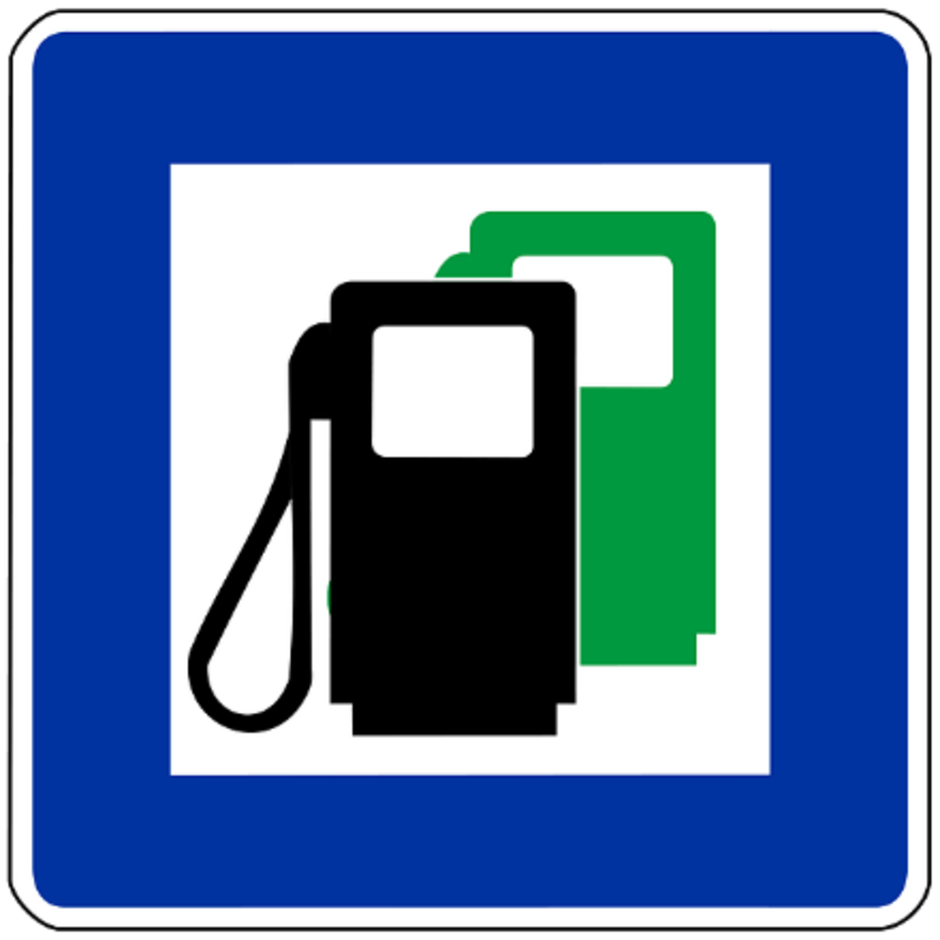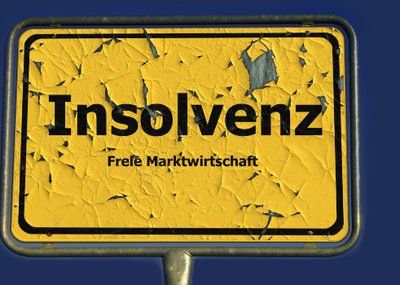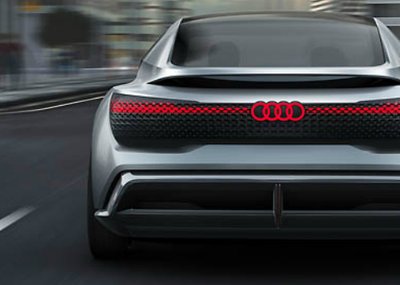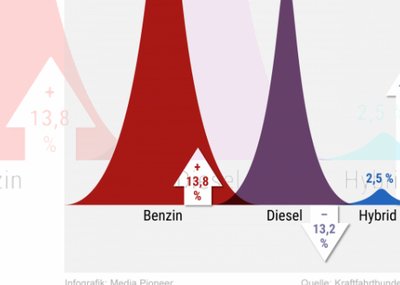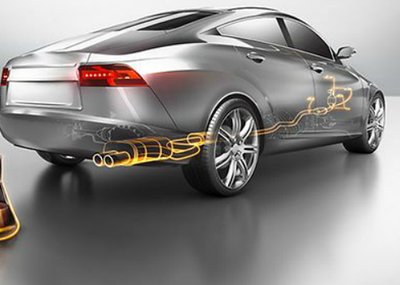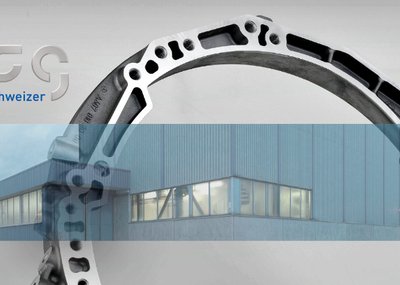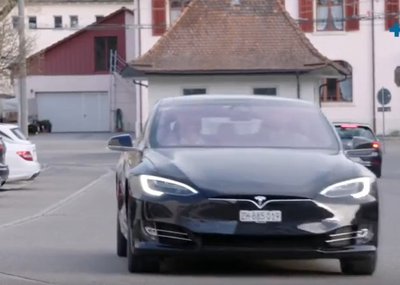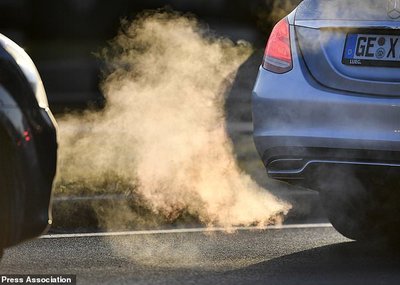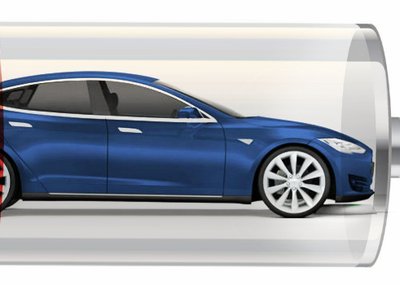To date, there are eleven German cities in which courts have ordered diesel driving bans; the only driving bans for diesel-powered vehicles worldwide.
Politicians, industry experts, and citizens are irritated, wondering how the once so highly praised diesel technology is now the chicanery of the car industry. They fear the next diesel disaster caused by the new driving bans and wait helplessly as vehicle owners experience a rapid depreciation of their vehicles, even relatively new cars.
Who triggered the diesel chaos?
Diesel engines do not hold up to what the manufacturers promise, and German courts are beginning to order driving bans for inner cities and even freeways because the diesel is blamed for pollution. German car manufacturers have preferred to invest in manipulated software instead of clean diesel development and have done the automotive industry and its satellite industries a massive disservice.
The European governments have agreed to the very strict EU limit of 40μg for nitrogen oxides to 1m³ of air, without setting this limit against realistic living and measuring conditions. While a limit of 100 μg / 1m³ is accepted in America and a limit of 950 μg / 1m³ is allowed in the workplace in Europe, the limit on road traffic of 40 μg / 1m³ is absurd and arbitrary. More and more physicians are speaking out to show that nitrogen oxides per se and in the values by 40 micrograms are not harmful and certainly not life-threatening.
Nevertheless, the controversial lobbyist association Deutsche Umwelthilfe (DUH), which is behind the lawsuits and the court verdicts, were supported by the courts.
Recognized values must be adhered to by the rule of law, even if they do not do justice to the practice, because in the same cities where driving bans will be put in place in the future, ships and trucks can continue on their way quite comfortably, not to mention that nitrogen oxides are also a product of brake dust and other emissions – but only the diesel engine in passenger vehicles is to blame.
Nitrogen oxides are measured across Europe, but are sometimes subject to different conditions (such as different measurement positions), which obviously make it possible to comply with the stringent EU nitrogen oxide limits elsewhere. It is astonishing that in all of Europe, only the values measured in German cities are found to be excessive.
In Germany, the diesel engine is to blame - the beginning of the end of diesel technology?
In Germany, the culprits have been identified: it is the diesel engines in cars.
While keeping the discussion objective, it is important to point out that the diesel engine is superior to the gasoline engine in terms of CO² emissions. While the required EU CO² limit value of 95 μg seems to be a long way off, as of 2021, automobile manufacturers will face horrendous penalties for CO² emissions.
This could give the diesel engine the advantages. Municipalities can set standards in public transport, in addition to developing fundamentally new urban transport concepts - the development of electric drives presumably makes the most sense here. Car manufacturers could make clear statements on the outlooks of the different drive technologies, but they hesitant, unable to admit that the diesel technology is well-developed and still able to be improved. Obviously, OEMs, politics and associations have completely different goals and do not dare to present them to a European public.
Pro-Diesel in the mix of different concepts - A social question for politics and associations, and an issue for which the industry must finally reveal its true position
The diesel engine seems to still be very competitive, at least in the meantime, in its maturity, its economy and in the cost / benefit ratio of the electric drive. It emits less CO² than gasoline, and politics, society, and municipalities should develop a consensus that make a realistic use of diesel vehicles possible, even in a strict Germany, without losing sight of the environmental and health aspects.
But it cannot be that a whistle blower which calls itself an environmental aid group can subjugate an entire country, a whole technology, an industry and its subcontractors and lead to absurdity and chaos.
"The 4th Industrial Revolution is driven less by technology or economy than by society," emphasized Joe Kaeser, President and CEO of Siemens AG at the World Economic Forum in Davos. Now the industry has the opportunity, with politics and industry associations, to set the course right again - but hopefully not against a technology that has proven its worth and will continue to be needed until e-mobility or fuel cell really present better environmental compatibility, or society clears the way for a revolutionary transport policy.
Otherwise, the whole world will laugh about Germany, which destroys its diesel industry without thought. The first signs are already recognizable: the diesel registrations in Germany have decreased significantly in the last 4 months, by about 12%.
It is high time to put an end to the foolishness and take a clear position. There must be a wake-up call in society, not to the detriment of ecology, but in favor of reason and also for planning security in the casting industry. This is the task of politics and industry associations, which have to fulfill their duties very quickly in Germany and in Europe. The OEMs in the automotive industry must now clarify how the diesel technology should continue. It is not enough to announce that billions are being invested in electromobility. That's all ok, but it is not convincing enough, and there is too much at stake!

